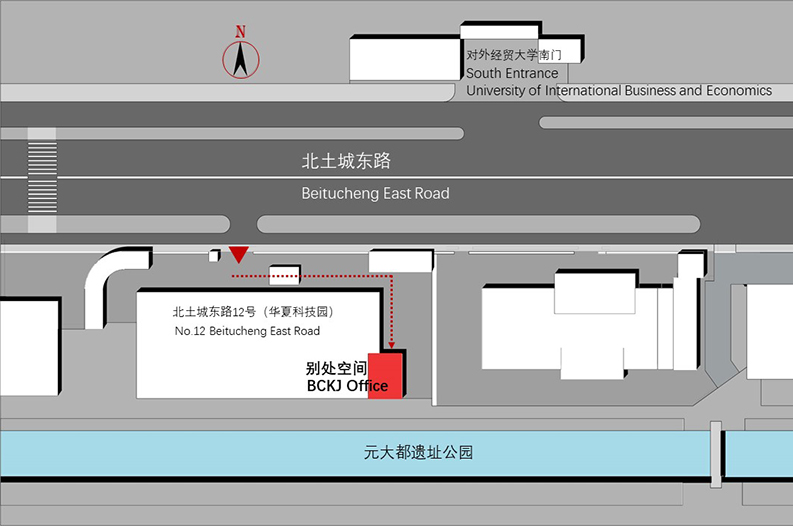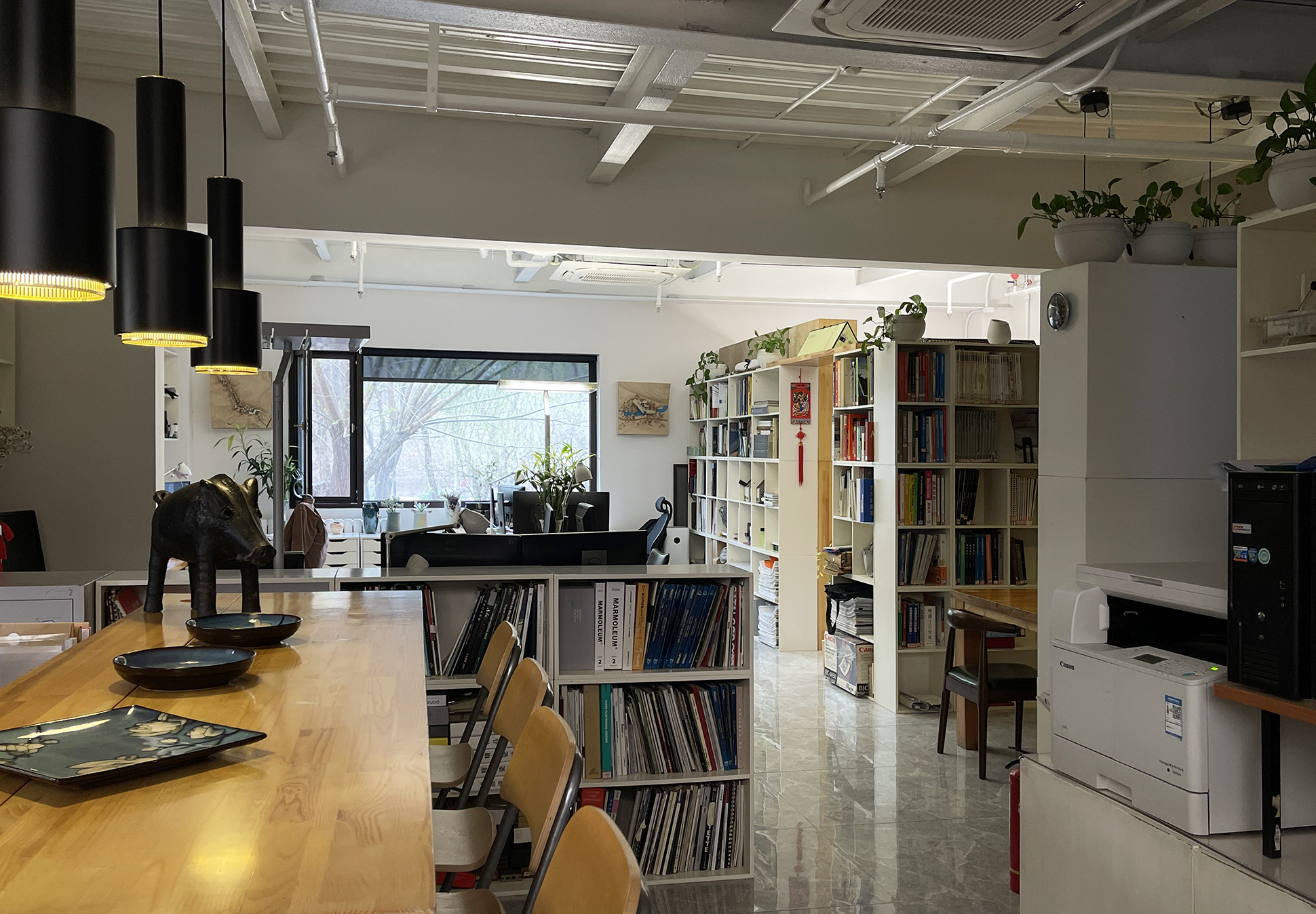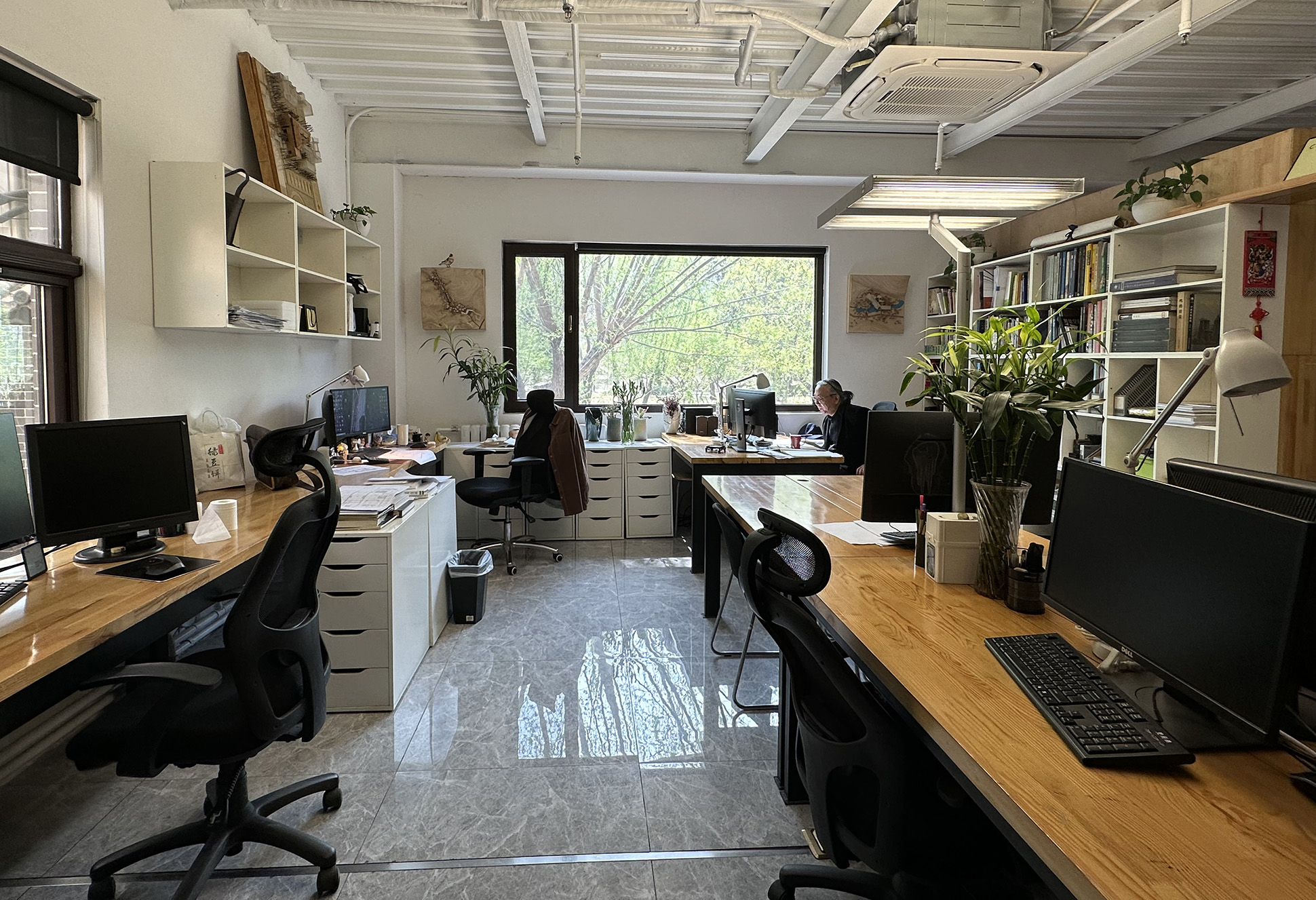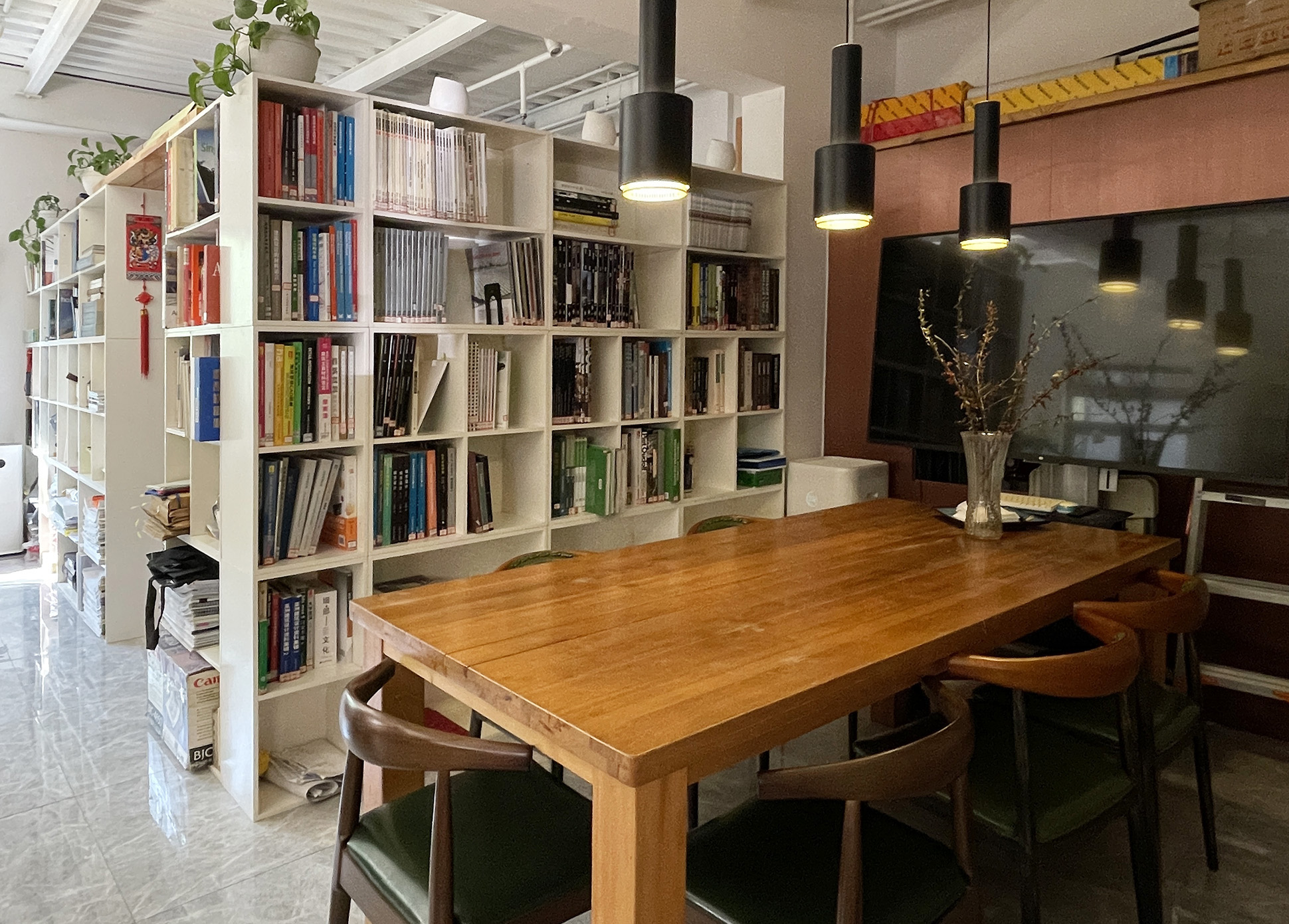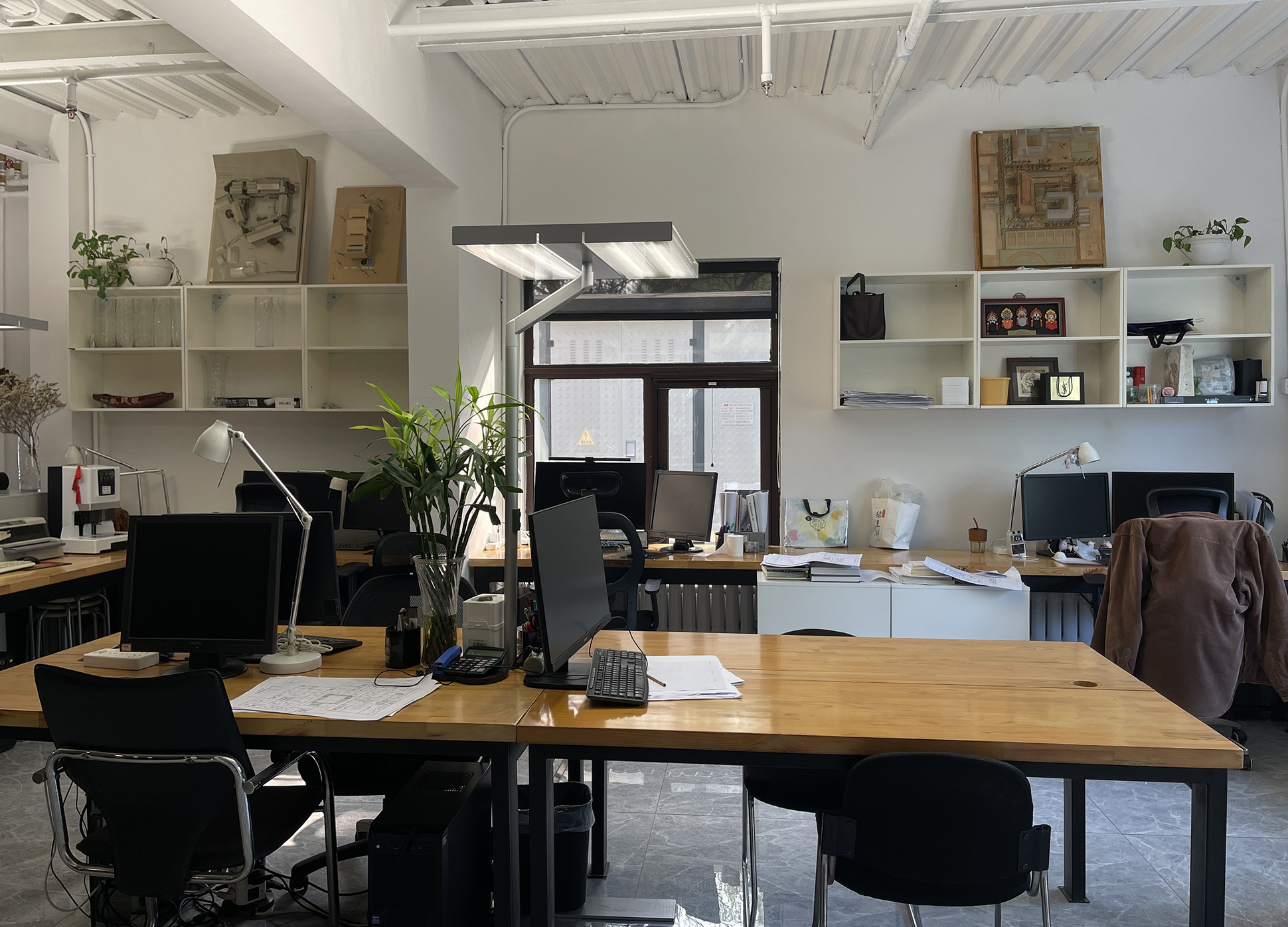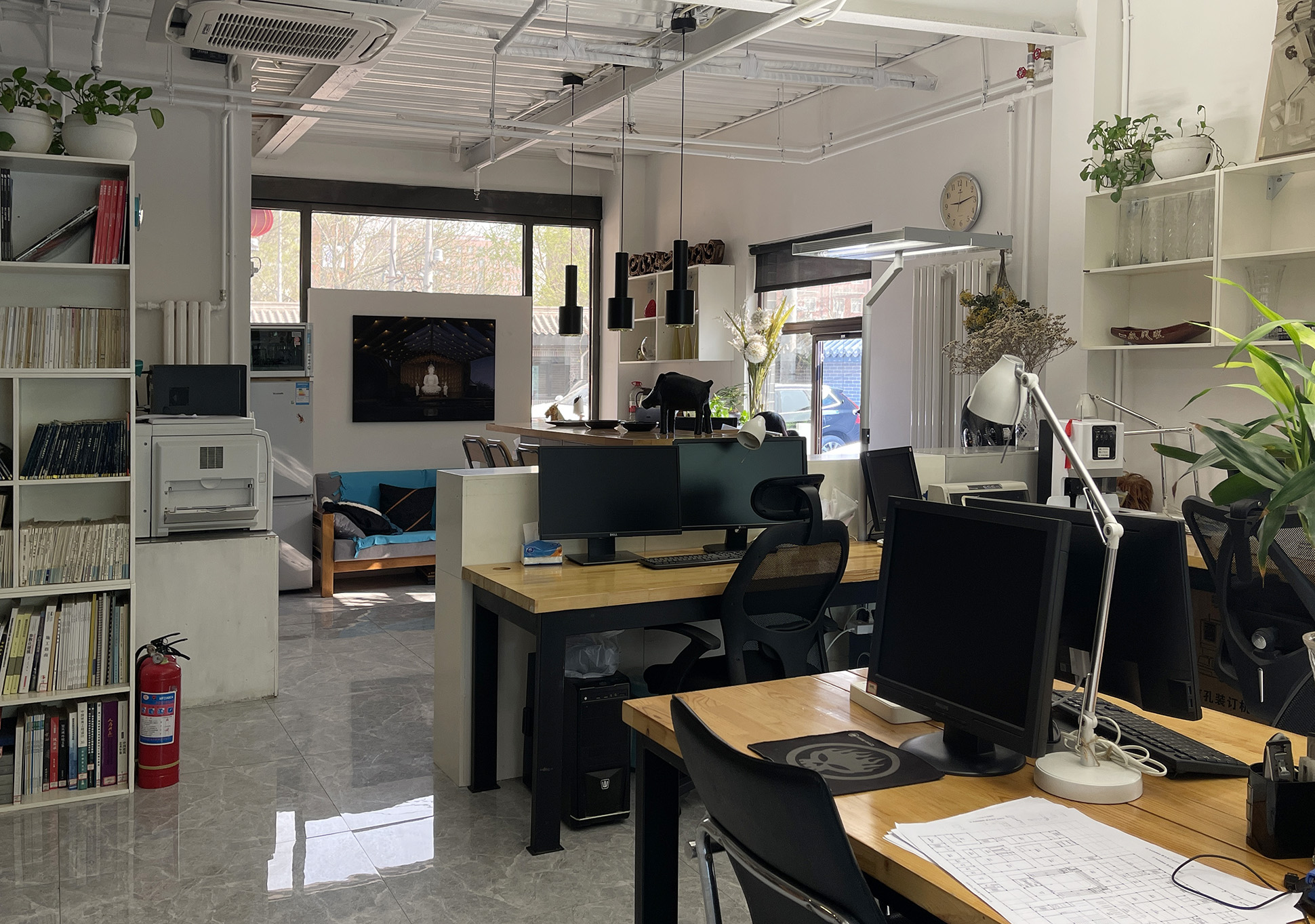事务所简介
北京别处空间建筑设计事务所2004年由东梅女士和刘小川先生创办,是一家以设计实践为依托的民营研究机构。 坚持在“一题一解,分别处理”的建筑实践中进行总结与研究。十多年来,作品范围从策划、规划、建筑、室内、景观、可持续技术整合、到文化性企划。从宏观到微观综合把控项目全程。追求“思辨中开启土地的灵性,空间里品味与自然的共生”。
别处空间的主要研究与实践方向:
1. 与地域文化和自然环境和谐共生的建筑创造。建筑不是孤立于场地环境的自我表达,而是根植于场地的人们生活与交往场所。通过空间组合、形体、材料等与场地自身文脉相互依存。
2. 绿色建筑的本土化实践。BCKJ 是中国可持续发展的先行者,多个作品获得了欧盟绿色认证。其可持续发展的设计原则已成为建筑设计的基本要求。
3. 文化遗存的发展性保护。在发展中保护老房子,留住城市记忆。
4. 空间社会学策划。通过研究空间与人的行为相互关系,激发空间的活力,把建筑学拓展至社会学领域。
5. 定制化木结构建筑的研究。通过对木材特性的掌握,重新诠释现代木结构建筑的魅力。
6. 灵性空间的创作与探索。建筑不仅要庇护人的身体,同时要庇护人的心灵,在教堂及现代佛寺的实践中,努力追寻触碰心灵的那一刹。
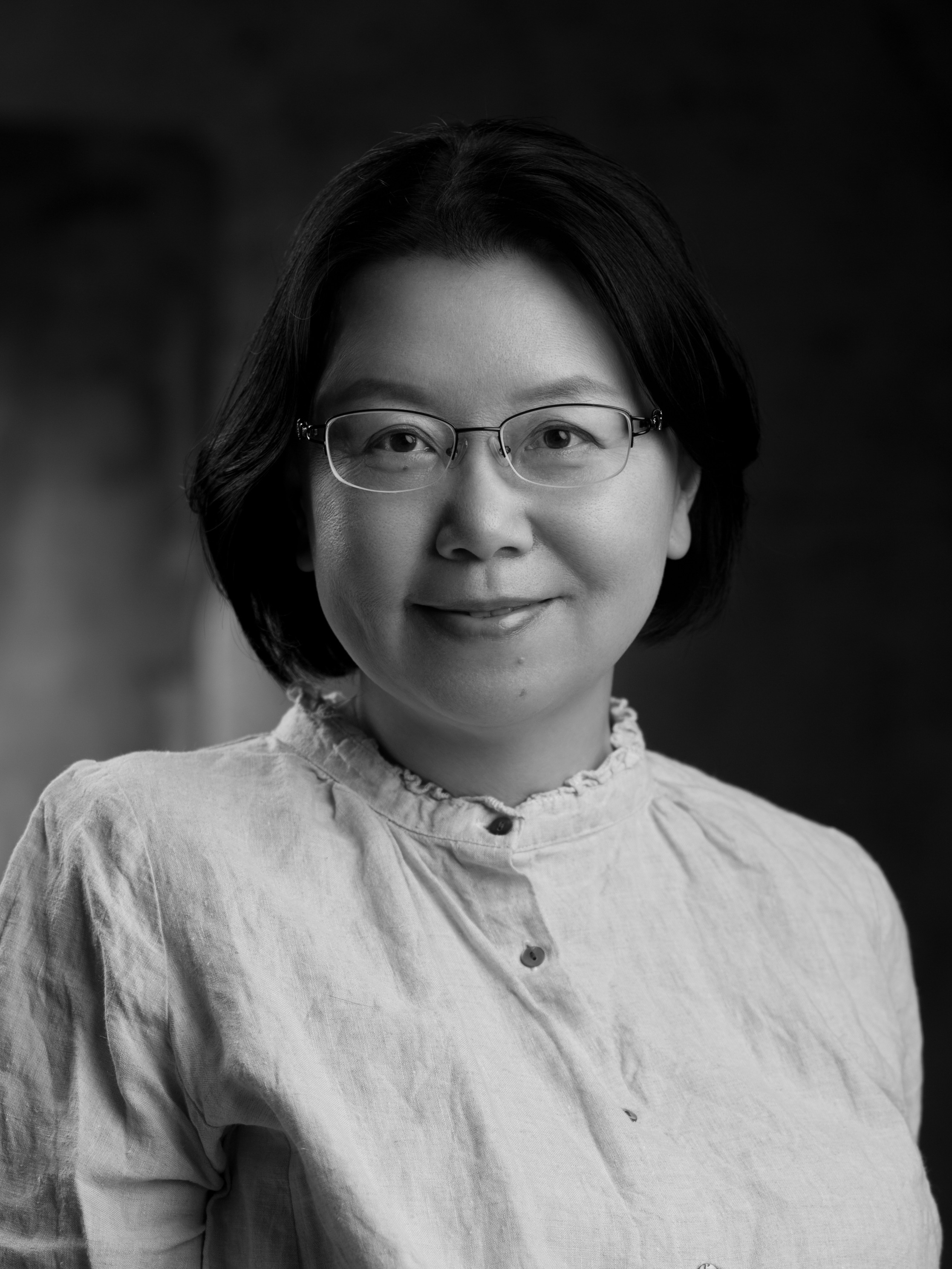
-
东梅
主持建筑师
国家一级注册建筑师
教授级高级工程师
北京大学景观设计学研究院客座教授
北京林学会 理事
中国风景名胜区协会体育旅游专业委员会 副主任

-
刘小川
总建筑师
国家一级注册建筑师
高级工程师
-

李瀚轩
-

李瀚轩
-

李瀚轩
-

李瀚轩
-

李瀚轩
-

李瀚轩
-

李瀚轩
-

李瀚轩
